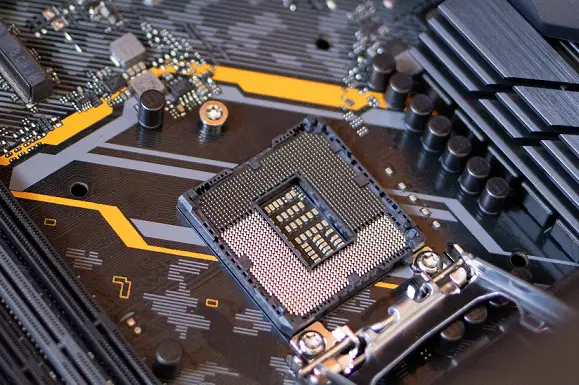On Friday the US Commerce Department announced that it plans to limit the size of government subsidies made available to semiconductor manufacturers, so the companies cannot just use the subsidies to “pad their bottom line.”
The US House of Representatives passed the CHIPS bill on Thursday,, which will provide $52 billion in government funding to semiconductor manufacturers for production and research. President Biden is scheduled to sign the legislation next week.
On Friday the Commerce Department warned chipmakers that subsidy awards will be, “no larger than is necessary to ensure the project happens here in the United States” and said it did not want to see “race-to-the-bottom subsidy competitions between states and localities.”
One concern of the Congressional Progressive Caucus was that the bill’s funding might only be used for stock buybacks, or to pay dividends to shareholders. The caucus had engaged in extensive negotiations with Commerce Secretary Gina Raimondo to avert this.
In a statement, a caucus spokeswoman said, “progressives were able to vote for the bill yesterday, confident that the department would be ensuring the funding could not be used for corporate self-enrichment.”
In its statement the Commerce Department noted that applicants will need to include detailed financial information and projections for proposed projects and capital investment plans with their applications. The Department noted, “The department will go over these with a fine-tooth comb and make sure that companies are not padding their models to ask for outsized incentives.”
The department added it would, “give preference in awards to companies who commit to make future investments that grow the domestic semiconductor industry … and not engage in stock buybacks.”
Although the legislation does not prohibit stock buybacks by companies receiving subsidies, it does prohibit the use of grants for the buybacks.
The bill also prohibits companies that are receiving funding, “from engaging in significant transactions in China or other countries of concern involving any leading-edge semiconductor manufacturing capacity or material expansions of legacy semiconductor manufacturing capacity designed to export to the U.S. and other countries,” for a period of ten years.
The Commerce Department declined any further comment on the statement.

